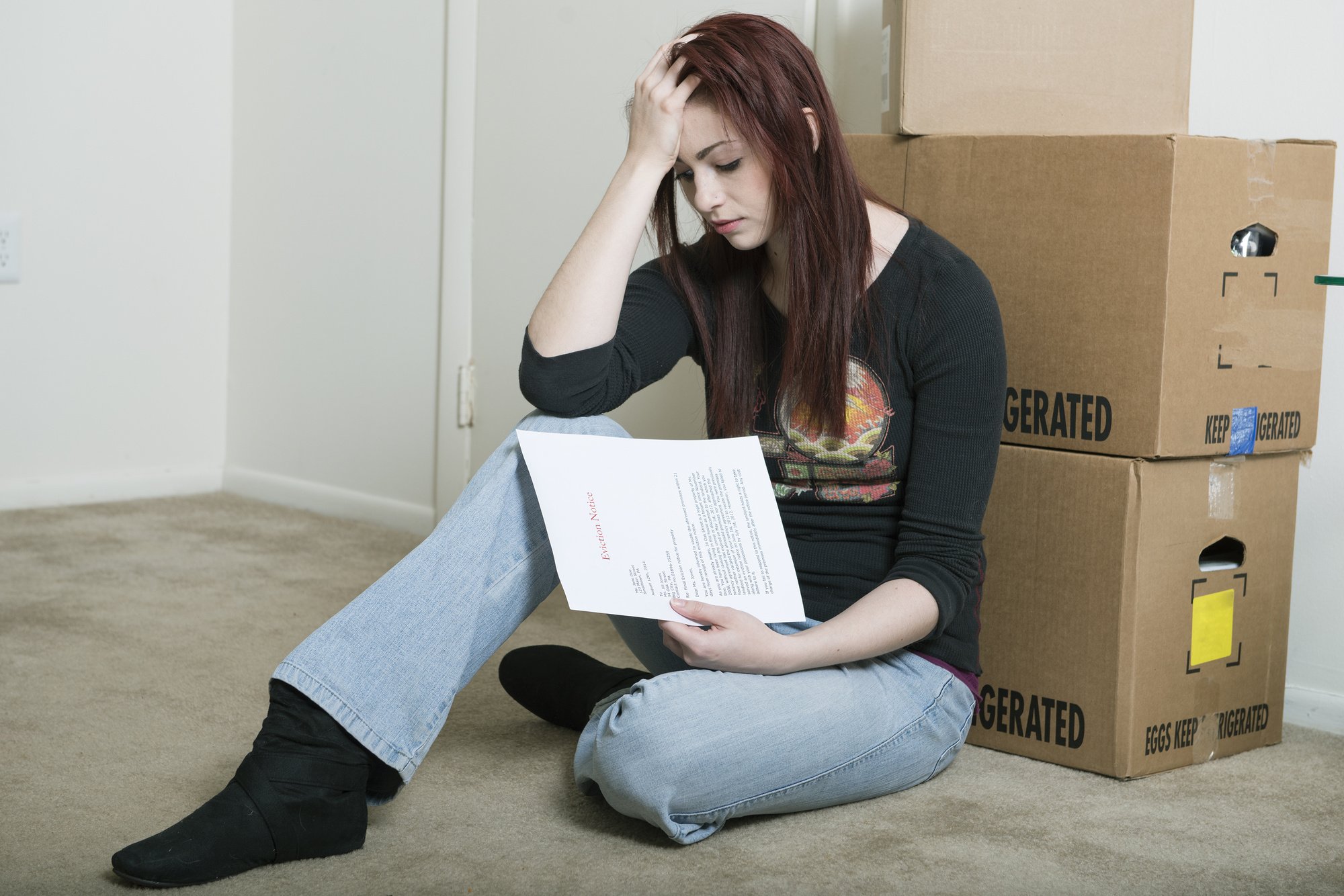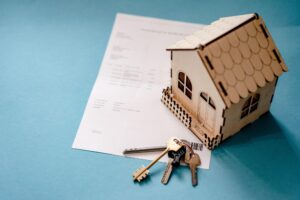In the first quarter of 2021, lenders filed approximately 33,699 foreclosures.
Losing a house to foreclosure is difficult to go through, but it could happen if you fall behind on mortgage payments.
If you’re currently behind on your mortgage payments, you might wonder what options you have for avoiding this legal process. The good news is that you have options, and one of these is selling your house.
Here is a guide to help you learn your options with your home if you want to avoid going through a foreclosure or bankruptcy.
How Foreclosure Works
When a lender issues a mortgage to someone, that person agrees to make monthly payments. When the person falls behind on the payments, they might contact the lender for mortgage help.
The lender might be able to help the borrower, but this isn’t always the case. If the lender can’t help, they will likely begin the foreclosure process.
The borrower can look for foreclosure assistance, but they might need to pay the arrears on the loan to qualify for help.
When the lender begins the foreclosure process, they’ll notify the borrower. At that point, the borrower has several options:
- They can do nothing and let the bank foreclose
- They can try to sell the house
- They can come up with the past-due balance to stop the lender from foreclosing
If the borrower does nothing, the lender will initiate the foreclosure process. Fortunately, this process takes some time, which is good news for the borrower. The borrower can try to figure out what to do to avoid foreclosure.
One reason borrowers try to avoid foreclosure is to avoid the credit score issues that result from it. When you get a foreclosure on your credit report, it harms your score, and it stays there for many years.
With a foreclosure on your record, you might have trouble getting another mortgage loan in the future if you want to buy a house. You might also have trouble qualifying for credit cards or loans.
How Bankruptcy Might Be an Option
Some borrowers decide to avoid foreclosure by turning to bankruptcy. Bankruptcy is one form of mortgage help you can get, but it also has consequences.
When you file for bankruptcy, you might be able to save your house and stop the foreclosure. Chapter 13 bankruptcy helps more with this than Chapter 7, but you can talk to a bankruptcy lawyer to determine if this is a good option.
The benefit of using bankruptcy is that it might help you save your home. The downside is that it also affects your credit negatively. A bankruptcy stays on your credit report for up to ten years.
Therefore, if you’re facing foreclosure, you might want to learn how to avoid bankruptcy and foreclosure. Both have negative consequences, yet they are different consequences.
Sell Your House Through a Short Sale
You might also be considering selling your home. You can sell a house during foreclosure in several ways. The first option is through a traditional home sale.
Selling a house through a traditional home sale involves hiring a real estate agent to list the house. The agent advertises the sale and hopes that someone buys it.
If you choose this method, you can expect the process to take around 45 days from start to finish. The downside to this is that your lender might foreclose sooner than this timeframe.
Another option is to talk to your lender about selling it through a short sale. A short sale lets you sell the house for a price that is less than the balance you owe.
The benefit of a short sale is that you might find a buyer faster, as you can list the home for a lower price. The downside is that the short sale process takes time. It might take longer to close on it than through a traditional sale.
Sell Your Home to a Cash Buyer
When you fall behind on mortgage payments, one of the best options to consider is selling the house to a cash buyer. If your goal is to “sell my house quickly,” this is the option to focus on the most.
What does selling to a cash buyer involve, you might wonder? It’s quite simple, actually.
You find a cash buyer and ask for an offer. They’ll provide the offer to you quickly, and you decide if you want to accept it. If you accept it, you’ll close on the sale in around one to two weeks.
The primary benefit of this option is that it provides a way to avoid foreclosure. Your lender can’t foreclose on the house if you sell it right away.
You can experience other benefits from this option, too. Here are some of them:
You Won’t Pay a Commission
When you get the offer amount, you’ll have to pay your mortgage balance, but that’s it. You can keep the rest of the money because you won’t have to pay a real estate agent commission.
You Won’t Have to Search for a Buyer
Another great benefit of selling to a cash buyer is that you won’t have to search for a buyer. You can make one call to sell your home.
You Won’t Have to Fix Things
Additionally, a cash buyer won’t ask you to fix things or make any improvements. They’ll take the property just as it is.
There Are No Contingencies
Finally, you won’t have to deal with an appraisal or any inspections, as cash buyers don’t include contingencies on their purchase offers.
Does this sound like a great idea? If so, you can get a quote by talking to a cash home buyer.
Falling Behind on Mortgage Payments? Call Us If You Want to Sell ASAP
If you’re behind on mortgage payments, you’ll need to act quickly. You can think about the options listed here and choose the right one for your situation.
If you’re in the Memphis area and decide to sell your house for cash, contact us. We buy homes for cash, and we can make an offer to buy your house.







